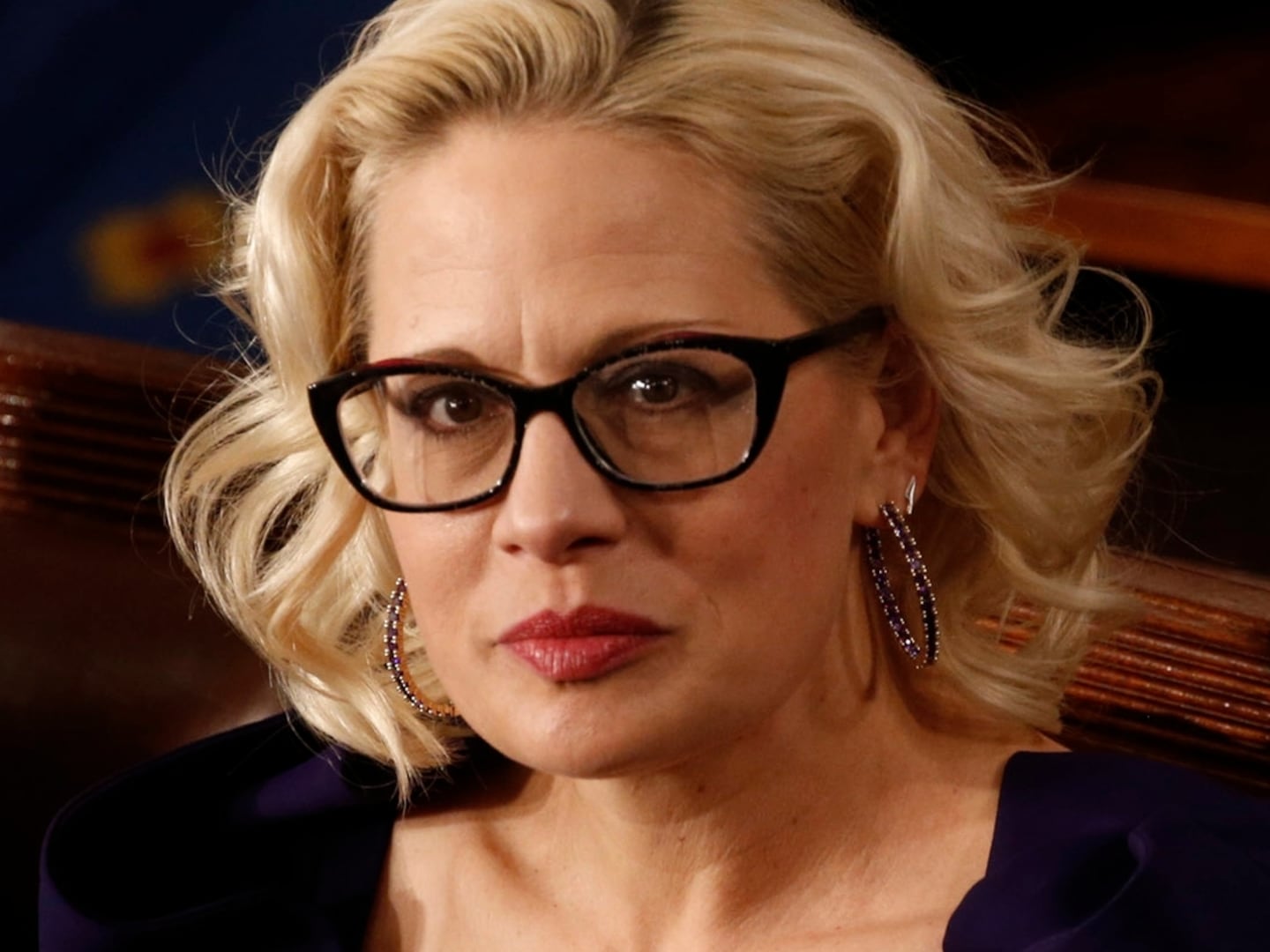
This week, the northern English city of Manchester plays host to the Conservative Party, which is meeting for its last annual conference before next spring’s general election. It is a fitting venue. Manchester has regenerated itself from a grimy, old-fashioned industrial wasteland into a shiny European city, full of chic loft developments, fashionable bars, and decent restaurants.
So, too, has the Conservative Party transformed itself. Under the youthful leadership of David Cameron, it has turned itself from a grouchy, backward-looking pressure group into a thoroughly modern political movement, with a strong interest in climate change, international development and social justice. As the conference opens Monday, Cameron’s party enjoys a healthy 12-point lead in the opinion polls and (after three successive general election defeats) is at last poised to defeat Gordon Brown’s faltering Labour Party. But – as ever – there is a catch.
In the Cameron camp, Boris is perceived as an ill-disciplined one man show, devoted solely and exclusively to the greater glory of B. Johnson: a vaudeville act, rather than a serious team player.
For all its modernity, the party has also become the stage for a very old-fashioned rivalry between two former pupils from the same ancient private school. Cameron, who will be 43 on Friday, was educated at Eton College, as was the mayor of London, Boris Johnson–who recently paid a successful visit to New York.
Boris (as he is universally known) is nothing short of a national treasure: through his journalism and television appearances, he had already established himself as a familiar face well before his election to City Hall in May 2008. With his shock of blond hair and trademark bicycle, the 45-year-old mayor is instantly recognisable and hugely popular: unusually so for a politician of any sort, least of all a Conservative.
United, Dave and Boris could carry all before them. Unfortunately for their party, however, there is no love lost between the two Etonians. None whatsoever. This weekend, they fell out yet again over Europe, the issue which more than any other has caused the Tories pain in the past twenty years.
The latest difference of opinion concerns the European Union’s Lisbon Treaty: the deal which may yet enable Tony Blair to become president of Europe. Cameron wants to keep his options open and will not say whether he would hold a referendum in Britain on the treaty if all 27 EU nations had signed up to it by the time he became prime minister (Poland and the Czech Republic are still holding out). Boris, like most Conservative party activists, wants a referendum on Europe whether or not the treaty has been ratified across Europe.
Does the disagreement sound obscure? That’s because it is. But Conservative feuds always were. And this one has even deeper roots than usual, with complex grievances on both sides stretching back to university and school. In 2004, Boris, still an MP at the time, was forced by the then-party leader, Michael Howard, to apologise in person to the people of Liverpool for a controversial article in The Spectator magazine (which Johnson edited at the time). Boris was certain that Cameron had encouraged Howard to force this humiliation upon him. Next, Boris had to watch as a man whom he had always thought to be less talented at school and then at Oxford University became Conservative leader. In 2007, Cameron unceremoniously demoted Boris in a reshuffle of his education spokesmen: the slight stung and was not quickly forgiven.
In the Cameron camp, Boris is perceived as an ill-disciplined one man show, devoted solely and exclusively to the greater glory of B. Johnson: a vaudeville act, rather than a serious team player. The Conservative leader and his aides scour Boris’s weekly column in the Daily Telegraph for petty acts of mutiny and are often enraged by what they read. For instance: Boris mocking the idea that Britain is a “Broken Society”, a phrase dear to Cameron’s heart; Boris calling for Labour’s 50p top tax rate to be repealed as a matter of urgency, in contrast to the Conservative leadership’s official position which is that there will be other priorities in fiscal policy. Nor does the Cameron team like Boris’s increasingly confident showboating on the international stage: his brandishing of the Olympic banner at the Beijing Games, for instance, or his glad-handing with Mayor Bloomberg who makes no secret of his admiration for this talented, eccentric Brit.
This week, the Conservative Party is on parade: it has to show that it is ready for government, focused on economic recovery, Britain’s dire welfare system and education policy. It must persuade media and electorate alike that it is a united team, and has shed the old skin of its past. There is no room for jealousies, rivalries, and temper tantrums, least of all those with their origins on the playing fields of Eton. The leader’s team will heave a sigh of relief when Boris heads back to London tonight. For now, there will be smooth surfaces and calm exteriors.
But for how long? Power does odd things to people, one of which is that it sharpens suspicion and deepens hostilities. For ten years, British politics was scarred by the rivalry between Tony Blair and Gordon Brown, prime minister versus chancellor of the exchequer. Imagine the next decade similarly disrupted by a feud between Prime Minister Cameron and the London mayor who wants to replace him. The new model Tories pride themselves on their knowledge of the New Labour era and their determination not to make the same mistakes as Tony and Gordon. Well, here is a good place to start. Boys, boys: do pay attention to your history lesson.
Matthew d’Ancona is an award-winning political columnist and is writing a History of England with John Cleese. He did not go to Eton.





